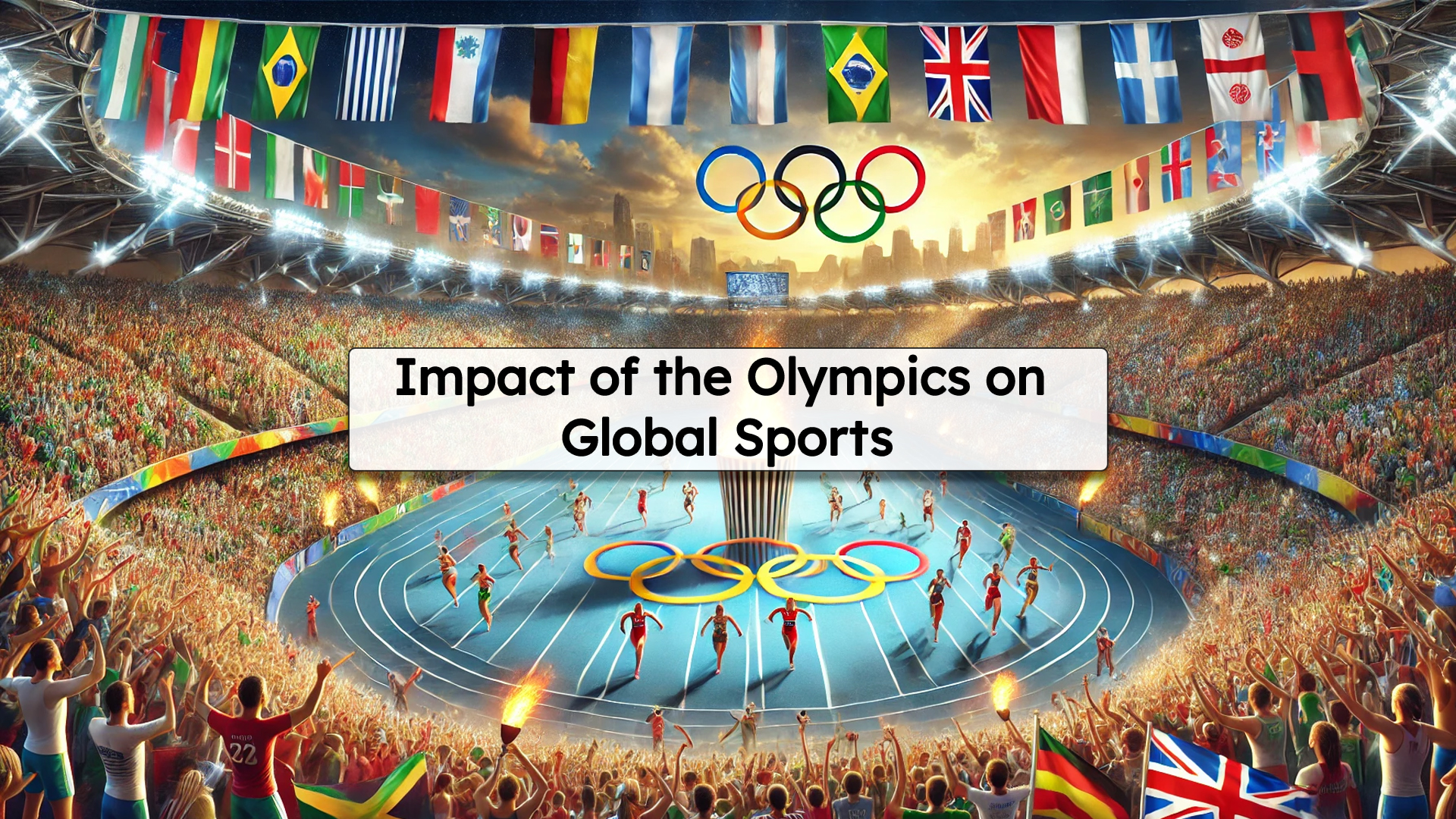The Olympic Games, held every four years, serve as one of the most influential sporting events in the world. Beyond being a stage for athletic excellence, the Olympics have had a profound impact on global sports, shaping trends, inspiring athletes, and fostering international unity. This article explores how the Olympics influence the world of sports in various ways.
Inspiring Athletes and Popularizing Sports
One of the biggest impacts of the Olympics is its ability to inspire new generations of athletes. Many young sports enthusiasts watch the Games and dream of representing their countries one day. The visibility provided by the Olympics often propels lesser-known sports into the limelight. For example, sports like gymnastics, swimming, and track and field often gain significant attention during the Games, increasing their popularity and participation worldwide.
Economic and Infrastructural Development
Hosting the Olympics brings substantial economic and infrastructural changes to a country. Nations invest in world-class sporting facilities, transportation, and accommodations, which can have a lasting impact on their sports culture. While some host countries struggle with the long-term costs, others leverage these investments to develop their domestic sports industries and training programs.
Cultural Exchange and Global Unity
The Olympics serve as a platform for cultural exchange, bringing together athletes from diverse backgrounds. The Games promote international cooperation, sportsmanship, and peace, despite geopolitical tensions that may exist. The unifying power of sports has led to historic moments, such as the participation of refugee teams and joint entries by previously divided nations.
Advancements in Sports Science and Technology
The Olympics push the boundaries of sports science and technology. Innovations in training methods, equipment, and performance analysis often debut at the Games before being adopted worldwide. From high-tech running shoes to biomechanical analysis, advancements made for Olympic athletes eventually benefit amateur and professional sports globally.
Policy and Governance in International Sports
The Olympic Games also influence sports governance and policy. Issues such as doping regulations, gender equality in sports, and athlete rights gain international attention during the Games. The inclusion of new sports in the Olympic program, such as skateboarding and sport climbing, reflects changing global interests and encourages youth participation.
Conclusion
The Olympics are more than just a competition; they are a driving force behind the evolution of global sports. By inspiring athletes, fostering international unity, advancing technology, and shaping sports governance, the Games continue to leave a lasting impact on the world of sports. As the Olympics evolve, their role in shaping the future of athletics will remain significant for generations to come.


